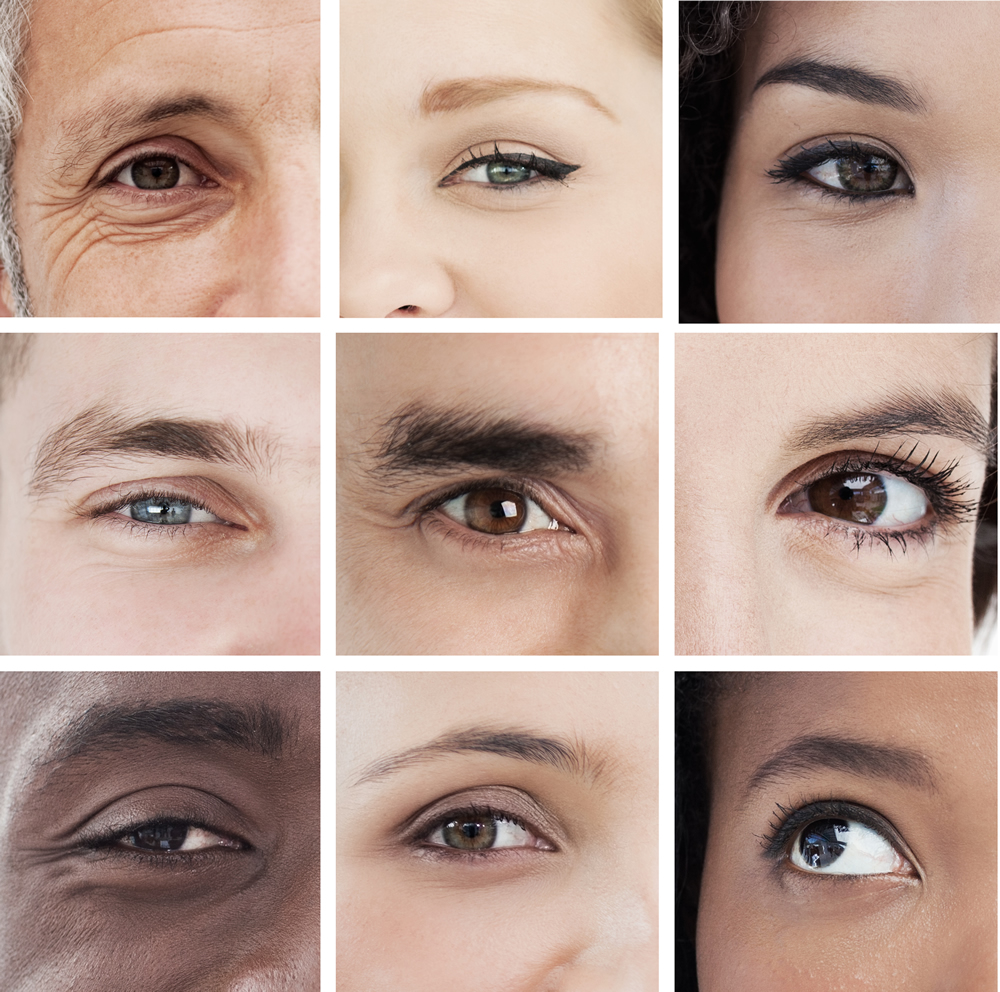 Parashat R’eh
Parashat R’eh
Deuteronomy 11:26 – 16:17
The eyes have it. Moses begins this Torah portion by exhorting us: “See! (R’eh) I am placing before you today blessing and curse.” (Deut. 11:26) We are meant to look and see this starkly distinguished contrast. We should be able to see that God’s way is equal to blessing and that abandoning God is equal to a curse. We should be able to see this simple dichotomy with our own eyes.
But, a little later Moses warns us about trusting our own eyes: “Do not behave as we do here, today, each person [acting] according to what is right in his eyes.” (Deut. 12:8) “Each person doing what is right in one’s own eyes” is a repeated motif used in the book of Judges. In addition to many occurrences earlier in the book, the book’s last verse reads, “In those days, with no king in Israel, each person would do what was right in their own eyes.” (Judges 21:25) The phrase is meant to be a lamentable condemnation of the moral and societal chaos that prevailed in Israel at the time.
But what is so bad about doing what is right in our own eyes? Isn’t that what we teach our children to do? Don’t we see that quality as a mark of integrity?
But the Torah has already warned us – and we have adopted that warning in the last paragraph of the Sh’ma – not to trust our eyes, for they may lead us astray. (Num. 15:39) The scouts saw all of the beauty and bounty of the land of Israel and, nevertheless, reported that they had seen a land devouring its inhabitants. We believed their eyewitness report and we refused to proceed into the Promised Land. (Num. 13 – 14)
Now, a generation later, Moses disparages the reliance on our own eyes. And, yet, he calls on us to “See!” With what eyes shall we look and see?
The answer is in another phrase mentioned a couple of times in our reading. Moses calls on us “to do what is right and good in the eyes of God.” (Deut. 13:19, and compare 12:8 and, earlier, 6:18) We are supposed to exchange our own eyes for God’s eyes and see things through those borrowed eyes. Then we are to choose our path of action. If we look at the world through God’s eyes our behavior would be transformed.
But what might it mean to see things through God’s eyes? A clue can be found in the extra word added to the phrase when it is applied to God. We tend to follow “what is right” in our eyes. But the phrase, when applied to God, is to do “what is right and what is good” in God’s eyes. Even when we purposely disregard what is right in our eyes and do something else, we persuade ourselves that what we did was, indeed, right. We teach our eyes to see our actions as right. With our own eyes we see only ourselves, but we see a distorted picture of ourselves. But God’s eyes see something else. God looks beyond God’s Own Self. God’s eyes see goodness. This is how our Torah begins, after all. God sees everything that God creates on every day and sees its goodness. This is a vision of appreciation and joy in the existence of other creatures, large and small, inanimate and animate. It is to see generously, through a “good eye,” rather than fearfully or resentfully, through an “evil eye.” When God finishes the six days of creation, God sees that “all that God made, look! It is very good!” (Gen. 1:31)
Psychologists and social thinkers have pointed out that our eyes will see what we want to see, what we care about. The Torah understood that we can choose to see with a different set of eyes. We can choose to look for and to discern goodness in this world. We can choose to look at the world through God’s eyes.
Shabbat Shalom
Rabbi David Greenstein
![]()
Subscribe to Rabbi Greenstein’s weekly d’var Torah
image: Commercial Stock Image, artist information not available.
- Toby Stein: In Memoriam - Thu, Feb 8, 2024
- Faithfulness and Hope: Parashat Sh’lach - Thu, Jun 23, 2022
- Past Their Prime: Parashat B’ha`a lot’kha - Thu, Jun 16, 2022
